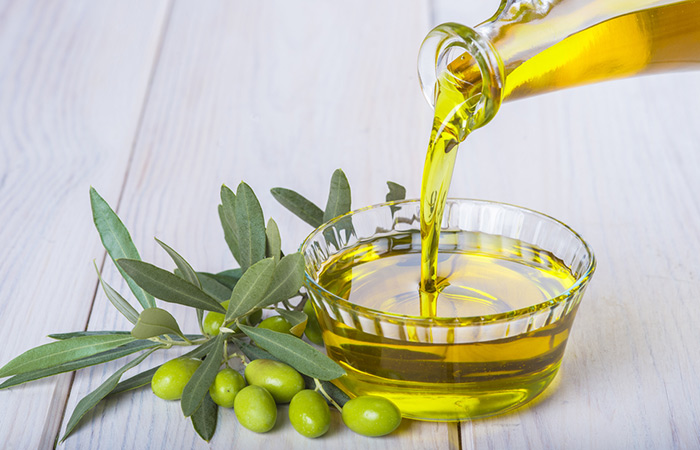Our Blog

Olives and Olive Oil’s Highest Ingredients
Yes, it is a bit technical but we thought you may want to know Olives and Olive Oil’s Highest Ingredients. Simply it can be broken down into the "fruit" (pulp), "seed" (pit) and oil (extracted from the pulp).
The two parts the olive fruit is composed of are the pulp and the seeds. Accounting for 70% to 90% of the weight of the fruit is pulp. Seeds accounts for 10% to 30%. The main components of the pulp are: water, oil, sugar, crude protein, fiber, ash, pectin and bitter elements. Pulp also contains a variety of vitamins. Pulp contains VE80 ~ 300 mg, VB12217.1 ~ 550 mg, V B12 4.1 ~ 55.6 mg, VC2.77 ~ 2.87 mg, V K0.8 ~ 2.0 mg, 9.8 ~ 124 mg of carotenoids. In addition, pulp also contains large amounts of mineral elements, mainly including potassium, calcium, magnesium, sulfur, iron, sodium, zinc, manganese, copper and the like.

Olive pulp can be used as an ingredient of olive oil. The general fruit flesh oil was 11% to 27.6%. The main ingredients of the pit are water, oil, sugar, cellulose, protein, and ash. The total content rate of the fruit meat and seeds of the total fruit is 15% to 30%. The Dried Fruit oil yield is about 40%. Olive oil for the yellow-green, non-drying oil is liquid at room temperature, with aroma flavoring. The main chemical composition of olive oil is composed of fatty acid glycerides and non-glycerides. Glycerolipids are primarily from saturated fatty acids and unsaturated fatty acids, linolenic acid, linolenic acid, and heptadecenoic acid. Non-glycerides in olive oil matter is very low, so the body of olive oil absorption value is high. They also contain more natural antioxidant angles, squalene and VE, VK and carotene and other non-glycerides.
The specifics:
Olive oils contain 65.8-84.9% in monounsaturated fatty acids. In addition, to supplying the body with a lot of heat, they also to adjust the concentration of human plasma. By providing a high proportion of low-density lipoprotein cholesterol, olive oil, can increase the body's balance of high-density lipoprotein HDL. Olive oil also reduces the concentration of the plasma and low-density lipoprotein in order to prevent an excess of cholesterol in the body. Monounsaturated fatty acids are very beneficial to the heart, brain, kidneys, and blood vessels.
Olive oil Ingredients contain rich traces of elements that include squalene, flavonoids and polyphenol compounds that enhance the body's immune and anti-aging systems.
Therefore, today's medical professionals have recognized olive oil, as one of the healthiest edible oils.
Now that you know about both Olives and Olive Oil’s Highest Ingredients, see more of The Olive Tap's Blog articles on Olive Oil.
- To learn more about the many health benefits of quality extra virgin olive oil go to Health Benefits of Olive Oil
- Click to learn about Tips for using Flavored Olive Oils.
- To learn about Cooking with Olive Oil.



